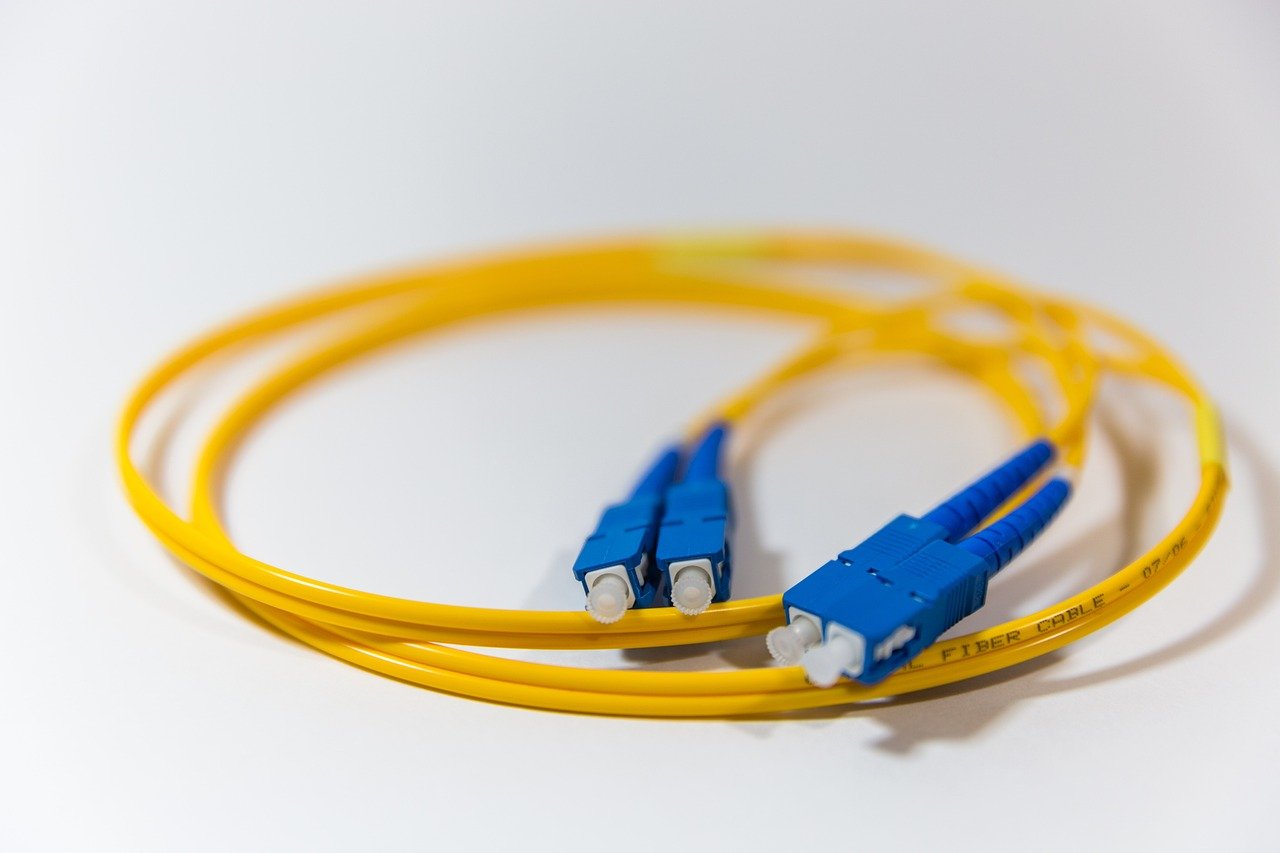The Role of Dietary Fiber in Your Health
Have you ever wondered about the importance of dietary fiber in your overall health? We will explore the numerous benefits that dietary fiber provides for our bodies, and how it plays a crucial role in maintaining good health.

This image is property of pixabay.com.
Understanding Dietary Fiber
Dietary fiber is a type of carbohydrate that the body cannot digest. It is found in plant-based foods such as fruits, vegetables, whole grains, nuts, seeds, and legumes. There are two types of dietary fiber: soluble and insoluble. Soluble fiber dissolves in water, while insoluble fiber does not. Both types are important for our health.
The Benefits of Dietary Fiber
Dietary fiber offers a wide range of benefits for our bodies. It aids in digestion, helps maintain a healthy weight, reduces the risk of chronic diseases, and promotes overall well-being. By including fiber-rich foods in our diet, we can reap these benefits and support our health.
Digestive Health
One of the primary roles of dietary fiber is to promote digestive health. Fiber helps regulate bowel movements, prevent constipation, and maintain a healthy gut microbiome. It adds bulk to stool, making it easier to pass through the digestive system. By consuming an adequate amount of fiber, we can prevent digestive issues and support our gut health.
Weight Management
Incorporating dietary fiber into our diet can also help with weight management. Fiber-rich foods are filling and can help us feel satisfied after a meal, reducing the likelihood of overeating. Additionally, fiber slows down the digestion process, helping us maintain stable blood sugar levels and controlling our appetite. By consuming fiber-rich foods, we can support our weight management goals and overall health.

This image is property of pixabay.com.
Blood Sugar Control
Another crucial benefit of dietary fiber is its role in controlling blood sugar levels. Soluble fiber helps slow down the absorption of sugar in the bloodstream, preventing spikes in blood glucose levels. This can be particularly beneficial for individuals with diabetes or those at risk of developing the condition. By including fiber-rich foods in our diet, we can better regulate our blood sugar levels and support our overall health.
Heart Health
Consuming an adequate amount of dietary fiber is also essential for maintaining heart health. Soluble fiber helps lower cholesterol levels by binding to cholesterol in the gut and removing it from the body. This can reduce the risk of heart disease and stroke. By including fiber-rich foods in our diet, we can support our cardiovascular health and reduce the risk of heart-related conditions.

This image is property of pixabay.com.
Sources of Dietary Fiber
To ensure that we are getting enough fiber in our diet, it is important to include a variety of fiber-rich foods in our meals. Below is a table outlining some common sources of dietary fiber:
| Food Source | Fiber Content |
|---|---|
| Apples | 4.4 grams per cup |
| Black beans | 15 grams per cup |
| Lentils | 15.6 grams per cup |
| Quinoa | 5.2 grams per cup |
| Broccoli | 5.1 grams per cup |
| Almonds | 3.6 grams per ounce |
By incorporating these fiber-rich foods into our diet, we can ensure that we are meeting our daily fiber intake goals and supporting our health.
Tips for Increasing Fiber Intake
If you are looking to increase your fiber intake, here are some tips to help you get started:
-
Add more fruits and vegetables to your meals: Fruits and vegetables are excellent sources of dietary fiber. Aim to include a variety of colorful produce in your meals to increase your fiber intake.
-
Choose whole grains: Opt for whole grains such as brown rice, quinoa, and whole wheat bread over refined grains to increase your fiber intake.
-
Snack on nuts and seeds: Nuts and seeds are great sources of fiber and healthy fats. Snack on a handful of almonds or pumpkin seeds for a nutritious and satisfying snack.
-
Incorporate legumes: Legumes such as beans, lentils, and chickpeas are high in fiber and protein. Include them in soups, salads, and stews to boost your fiber intake.
-
Read food labels: When shopping for packaged foods, be sure to check the nutrition label for the fiber content. Choose products that are high in fiber and low in added sugars and unhealthy fats.
By following these tips and making small changes to your diet, you can increase your fiber intake and support your overall health.
Potential Risks of High-Fiber Diets
While dietary fiber offers numerous health benefits, it is essential to be mindful of potential risks associated with high-fiber diets. Consuming too much fiber can lead to digestive issues such as bloating, gas, and diarrhea. It can also interfere with the absorption of certain minerals and nutrients.
Therefore, it is important to gradually increase your fiber intake and drink plenty of water to help your body adjust. If you experience persistent digestive issues or discomfort, consult a healthcare professional for guidance on your fiber intake.
Conclusion
In conclusion, dietary fiber plays a crucial role in our health and well-being. By including fiber-rich foods in our diet, we can support our digestive health, maintain a healthy weight, control our blood sugar levels, and reduce the risk of chronic diseases such as heart disease and diabetes. By being mindful of our fiber intake and making small changes to our diet, we can reap the numerous benefits that fiber has to offer and support our overall health.
